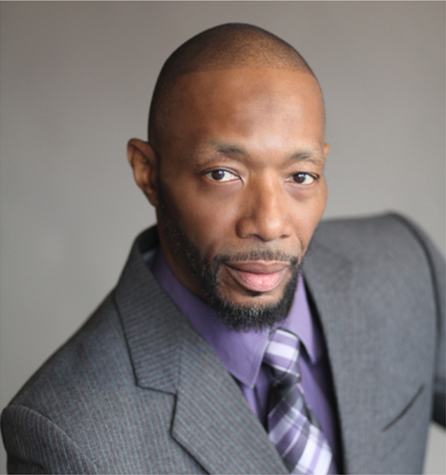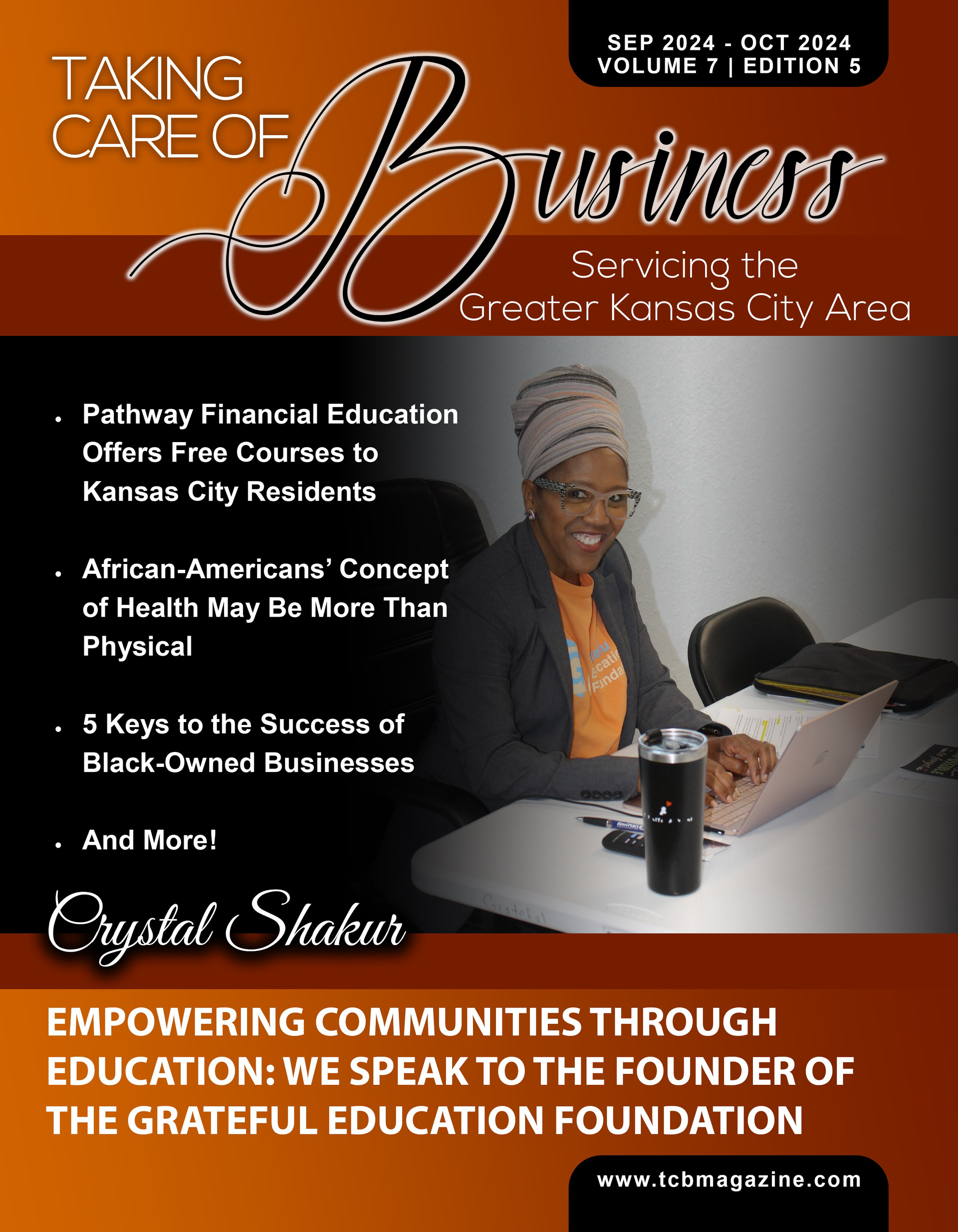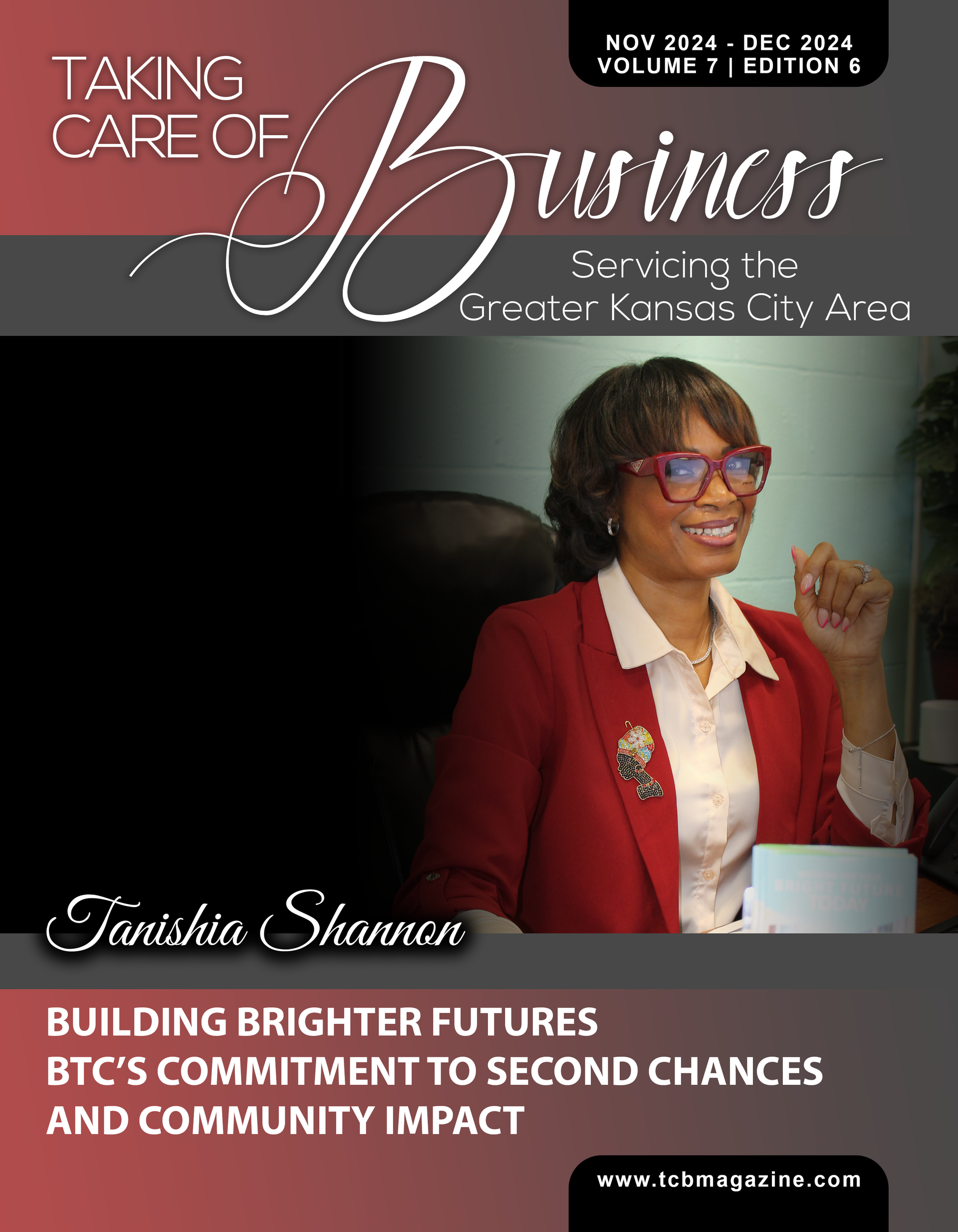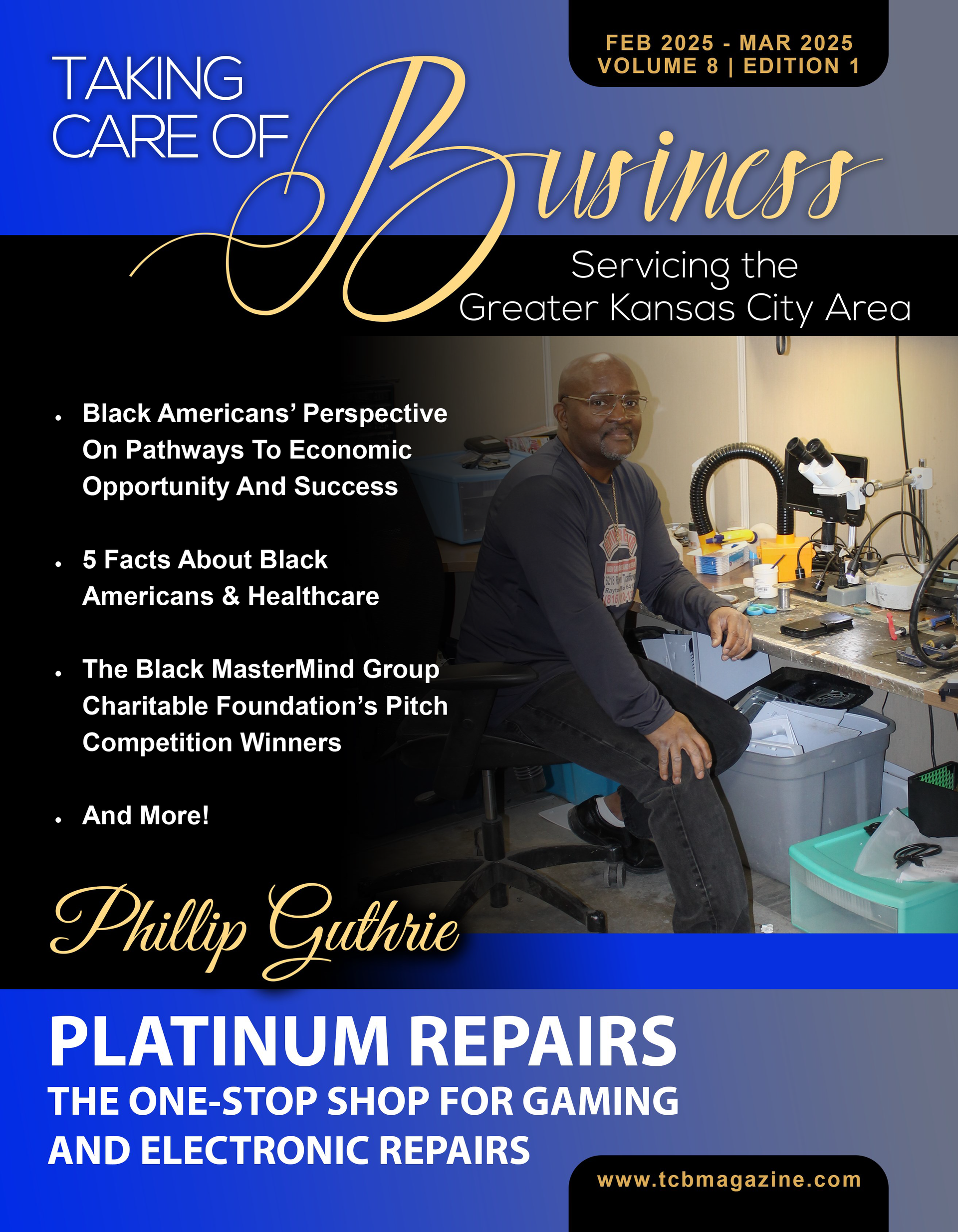Platinum Repairs: The One Stop Shop for Gaming and Electronic Repairs
When Phillip Guthrie started repairing gaming systems and other electronics in his home more than 10 years ago, he may not have realized at the time, that his small business was taking root.
It started out as work he did in addition to holding a full-time job. “Before I started Platinum Repair, I worked in industries that had nothing to do with my repair work,” Guthrie explained. That is, until one employer called on him frequently to make repairs in the office.
Guthrie had grown tired of the work he had been doing and was ready for a change. He started to see himself owning his own business and working it full-time. “It was a big risk,” he said. “I knew I was good at this work. I was getting new and return customers.” By the time, Guthrie moved into his first commercial space, he had built up a strong customer base.
His start-up journey aligns with data from the U. S. Small Business Administration that “about 15 million start-up businesses begin their operations from a home base.” The number represents about half of small businesses in this country.
He needed space to grow the business
As word spread about Guthrie’s repair business, the customers came. There was a big demand for his services. It no longer became manageable for him to operate out of his home. His wife, Rosalind had grown tired of the clutter of his work tools taking up space in the basement and garage.
If the business was to expand, he had to secure a spot where he could store his inventory, work on repairs, greet customers, and sell gaming systems and computers. Guthrie located the perfect first space at 35th and Sterling, in Independence, Mo. “I am grateful that the landlord worked with me and didn’t have a lot of requirements I had to meet,” he explained.
How Guthrie’s business model works
Platinum Repair is centered around quick turnaround times and keeping a comprehensive parts inventory on hand. This allows him to honor his commitment to same-day service. “Naturally, some repairs are going to take longer depending on the issue,” he said. “I am very intentional about standing by my service delivery.”
Guthrie says it is this commitment that has helped him grow a loyal customer base. His work has also gotten the attention of big-name retailers, Best Buy and GameStop. Some of his customers have been referred by those businesses. “These referrals have help to further boost the business.”
Many customers are not aware that Platinum Repair is a black-owned business until they walk in the door. Guthrie says the type of business he has is generally operated by people who don’t look like him. “People are pleasantly surprised and that’s fine with me.”
His advice for aspiring entrepreneurs
Be prepared to work hard and to encounter obstacles. “It is how we learn how to properly run our businesses and best serve our customers,” Guthrie said. He goes on to say that entrepreneurs must be determined and willing to take risks and learn from mistakes. And he also adds to not be held back due to a lack of funds. “I didn’t have much money to start with and I just had to keep working this thing.”
Guthrie’s own story serves as an inspiring example of how to turn a personal passion into a business venture that can lead to a fulfilling and rewarding career path.
How to connect with Platinum Repair
As Platinum Repair continues to grow, Guthrie is now in another commercial space. The business is now located at 6218 Raytown Trafficway, in the Center 63 Shopping Center. Hours are from 10am-5pm, Monday-Friday.
Visit the company website at platinum-repair.com to learn more about their services and be sure to follow Platinum Repair on Facebook for more information.
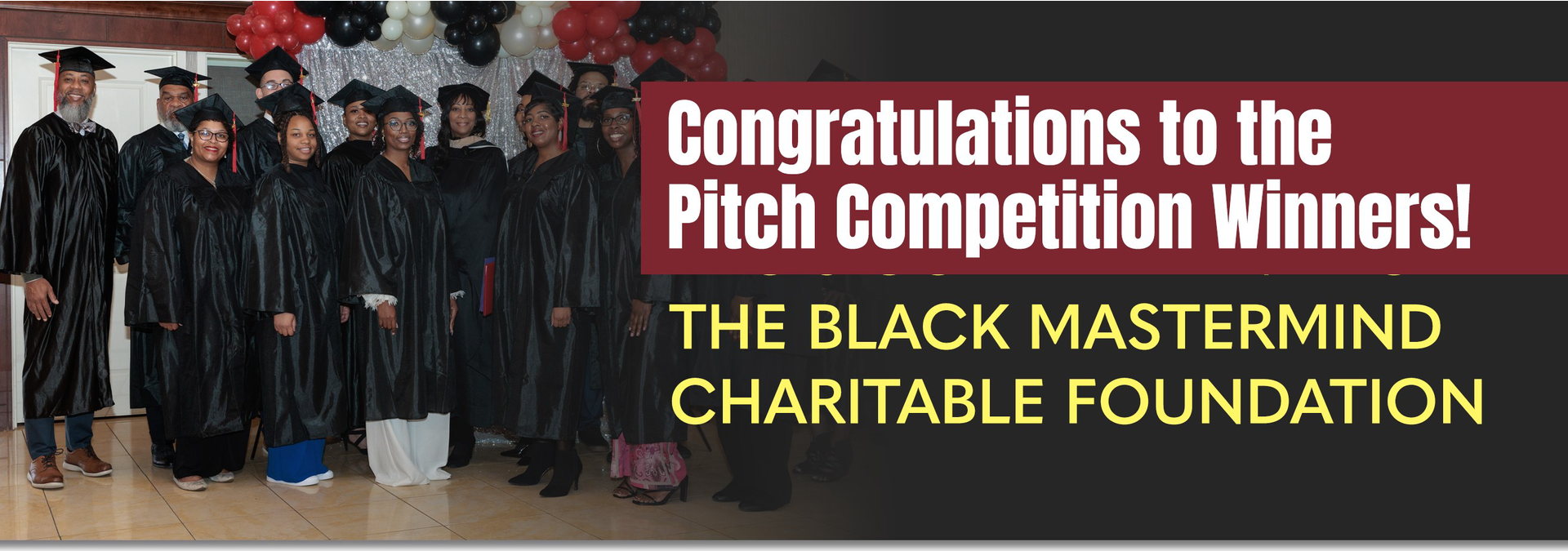
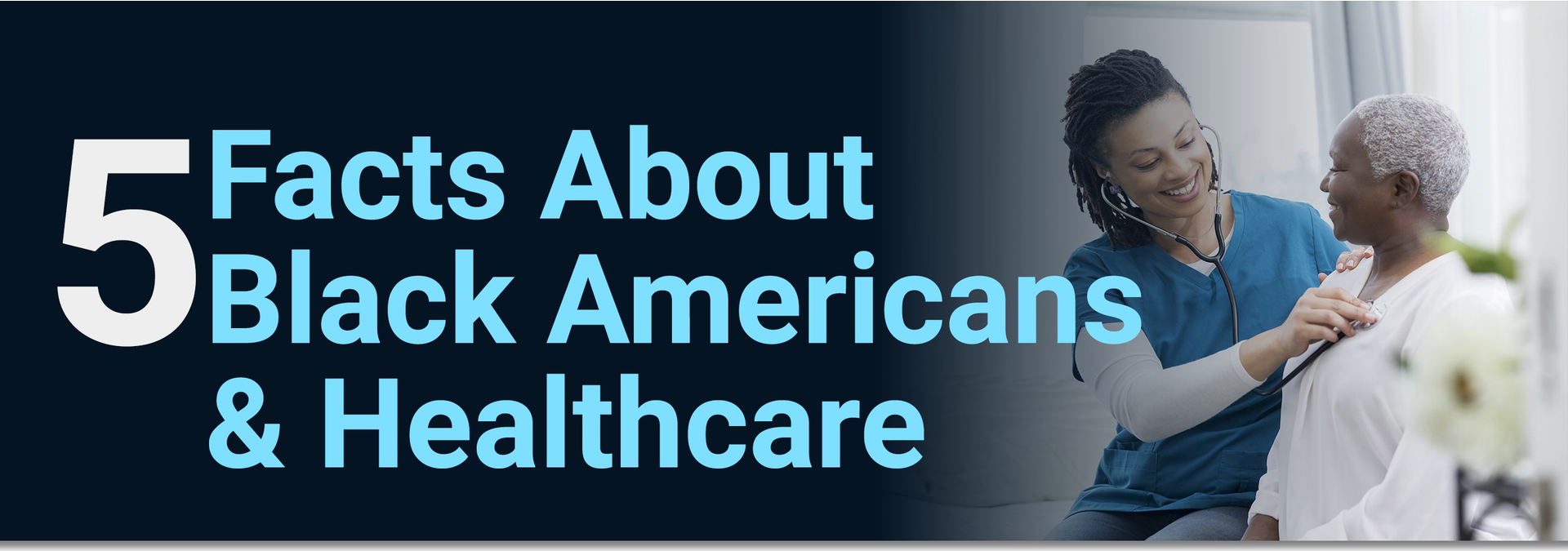
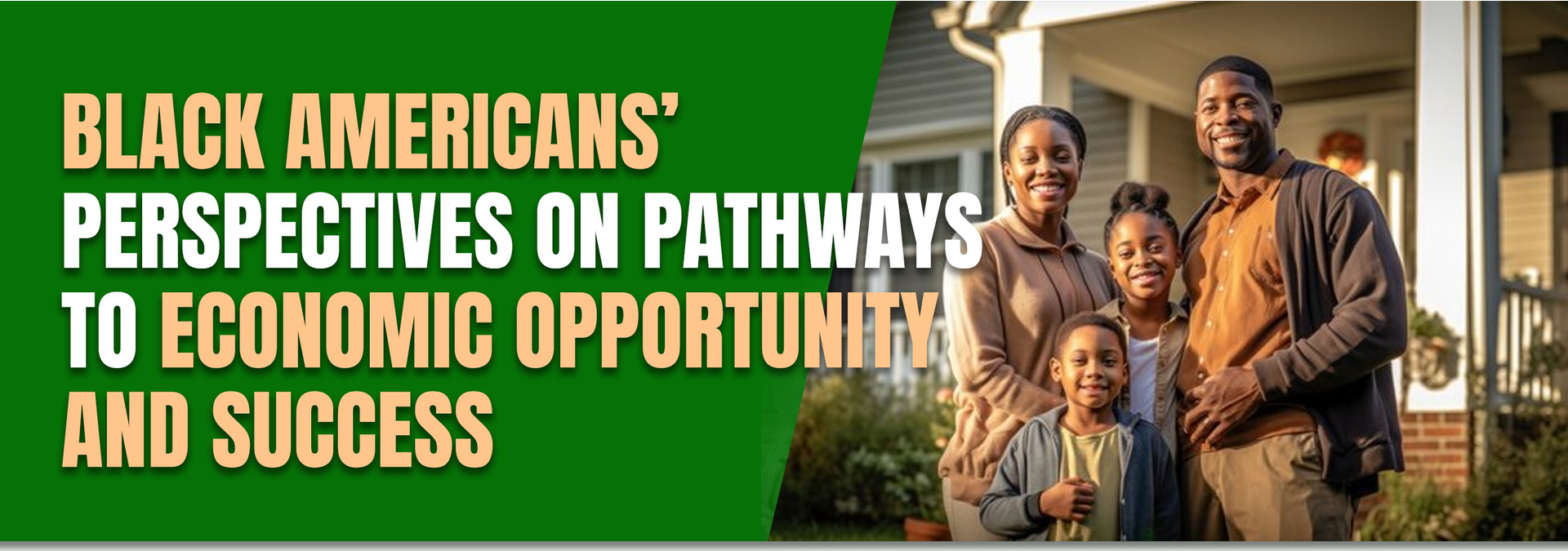
About Us
Taking Care of Business is your go-to magazine for empowering the black business community. With a focus on entrepreneurship, finance, and wellness, we offer tailored insights and inspiring stories to help professionals thrive. We champion diversity and foster growth in the black community.
Mailing List
Join the Newsletter
We will get back to you as soon as possible
Please try again later
Follow Us
Stay connected with Taking Care of Business for the latest updates, articles, and insights! Follow us on social media to join the conversation, get inspired, and stay informed about the vibrant world of black entrepreneurship and business excellence. Don't miss out – follow us today on Facebook, Instagram, Twitter, and LinkedIn!
Copyright © 2025. Taking Care of Business Magazine. All rights reserved. • Powered by Digital Media Partners
